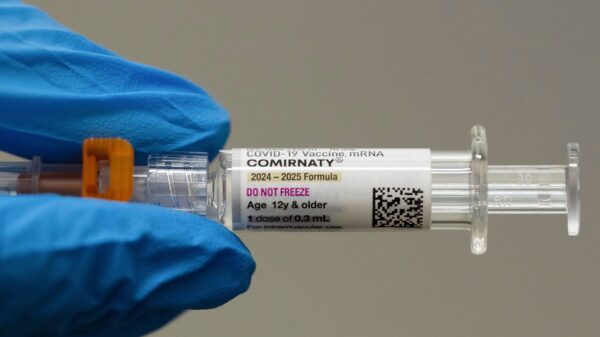Authorities in San Diego County have confirmed that mosquitoes collected from the City Heights and Skyline areas have tested positive for the West Nile virus. While there have been no reported human cases of the virus in the county this year, these findings highlight ongoing concerns about the presence of this potentially serious disease in the region.
The recent detections are part of a broader pattern of virus activity noted in July, which also included reports from La Mesa and the Rolando neighborhood. According to officials from the county’s vector control department, these positive tests indicate that the virus remains active in local mosquito populations.
Public Health Implications
West Nile virus is primarily transmitted to humans through the bites of infected mosquitoes. Symptoms can range from mild flu-like indications to severe neurological conditions. While many people infected with the virus do not exhibit any symptoms, the risk of more serious health issues persists, particularly among vulnerable populations such as the elderly.
In light of these recent findings, public health officials are urging residents to take precautions to minimize mosquito exposure. This includes eliminating standing water where mosquitoes breed, using insect repellent, and ensuring that window and door screens are intact.
Continued Surveillance and Community Awareness
Officials emphasize that monitoring mosquito populations and testing for viruses like West Nile is crucial for public health. The vector control program conducts regular surveillance throughout the county, which helps in identifying areas with increased virus activity.
The presence of mosquitoes infected with the West Nile virus serves as a reminder for community awareness and engagement. Residents are encouraged to report any unusual mosquito activity to the local vector control office, contributing to efforts to contain and mitigate the spread of the virus.
As of now, the county continues to strengthen its public health initiatives, ensuring that residents are informed and prepared as mosquito activity increases during warmer months. The collaboration between local health authorities and the community remains essential for addressing this ongoing public health challenge.





































































